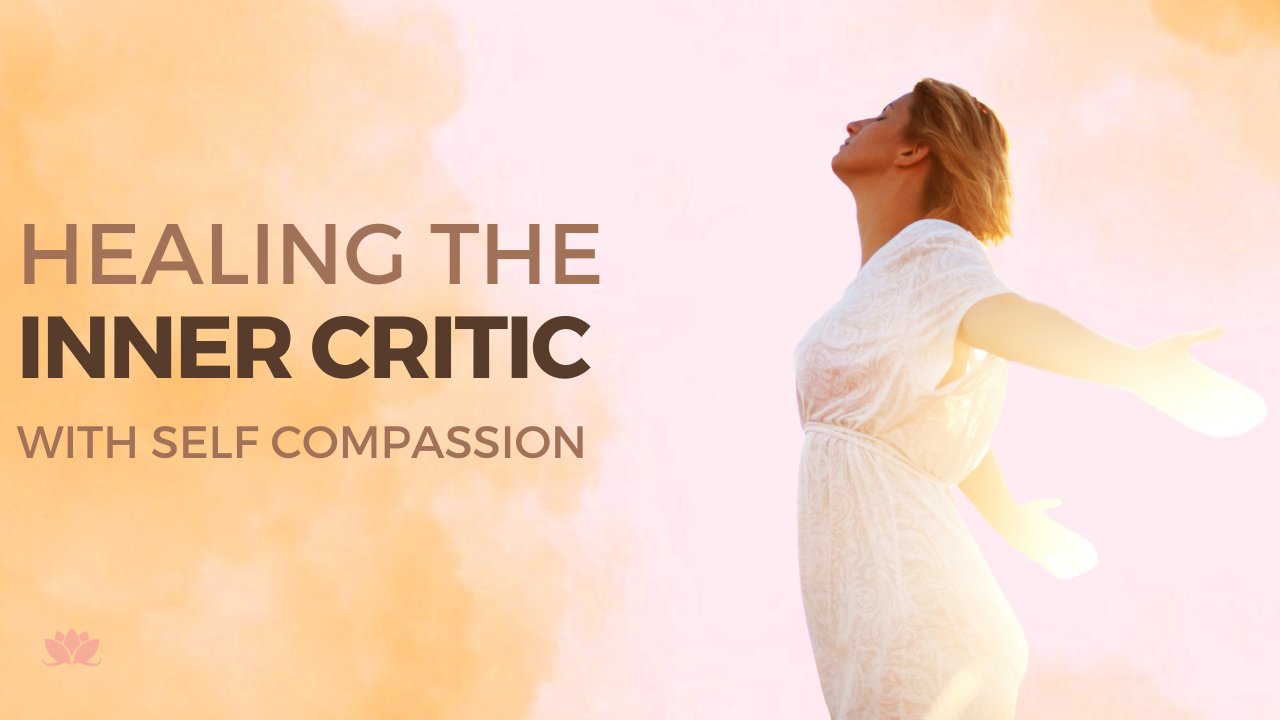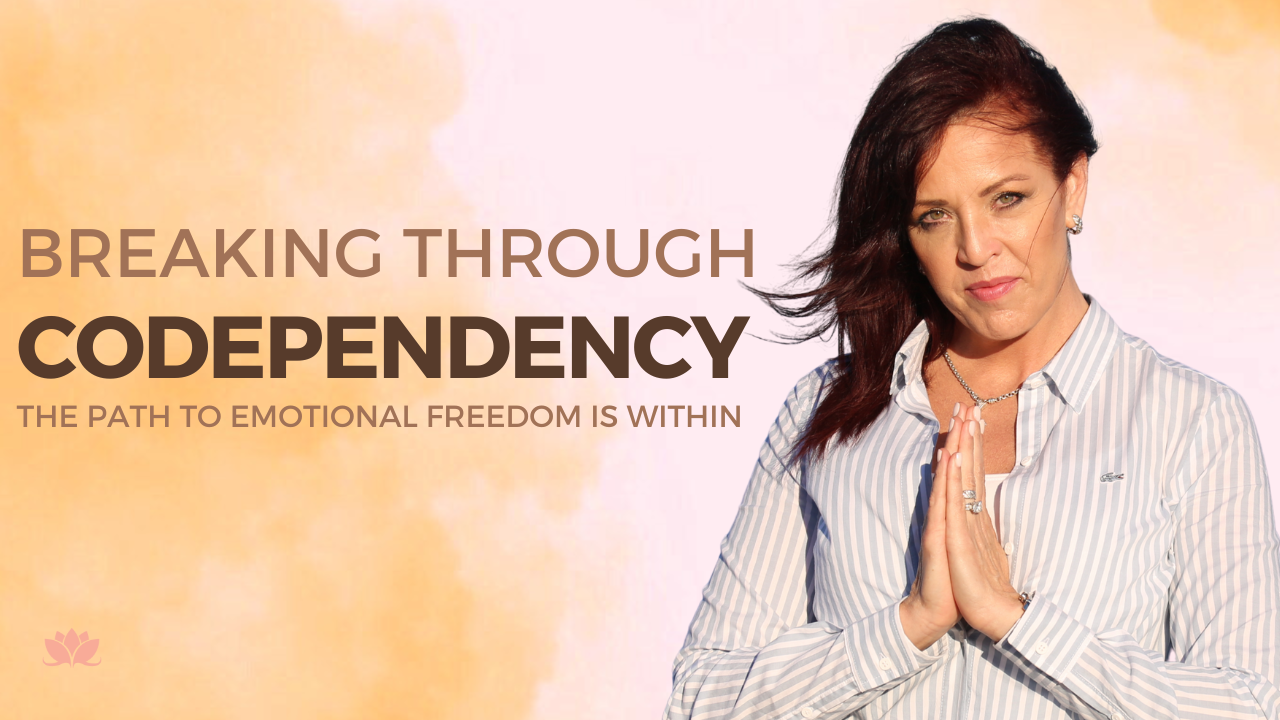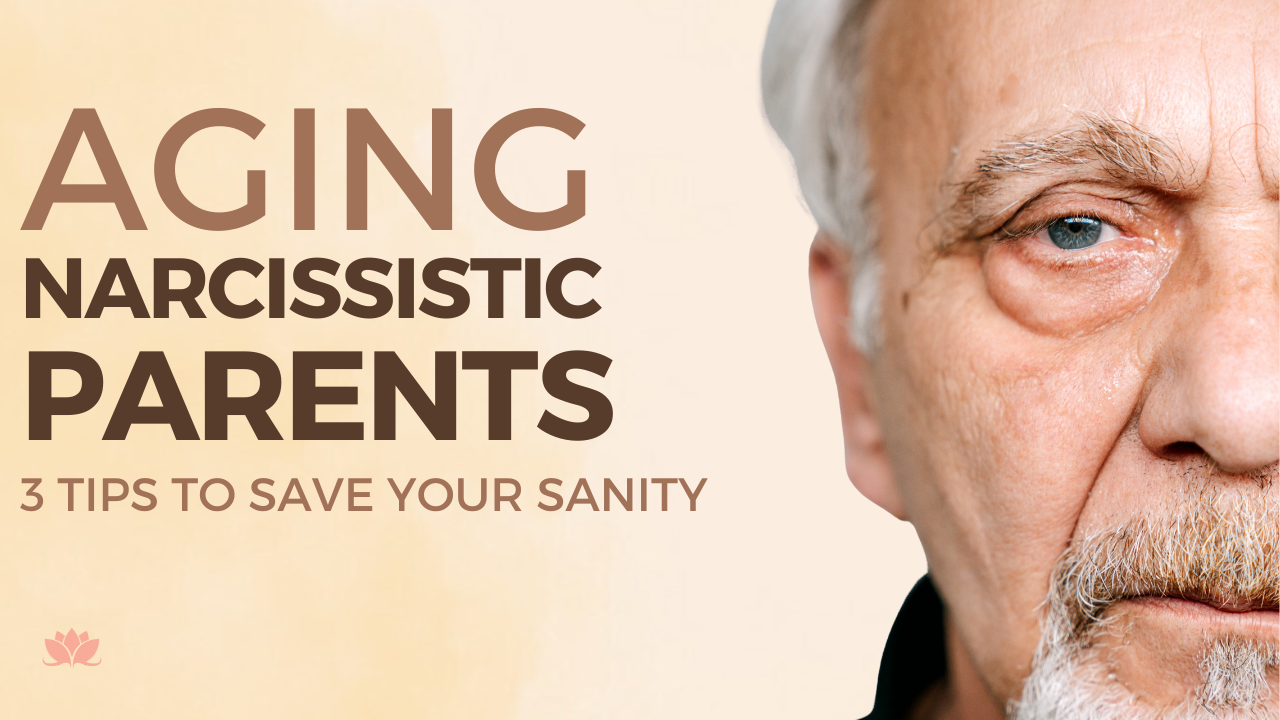Codependency Recovery: The Adult Child Who Carries Invisible Scars
Codependency is a learned behavior that can be passed down from one generation to the next. Often adult children of alcoholics and those who have been abused by a narcissist, suffer with codependency.


Codependency Recovery
Codependency recovery is all about raising your level of consciousness and expanding your self-awareness. Your mission, if you choose to accept it, is to learn how to honor yourself, even when others try to push your boundaries. You also need to learn how to take care of yourself. This is not an easy journey, considering those who are codependent often have no clue how they feel, what they need, or know that they are codependent in the first place.
It can be a difficult journey, but it's well worth the effort. If you're struggling with boundaries, people pleasing, enabling, self doubt, and feeling invisible, here are some things to keep in mind as you work on your recovery.
1. Codependency is a learned behavior.
One of the first things you need to understand about codependency is that it's not something you're born with. It's a learned behavior that develops over time as a response to certain situations or relationships. Childhood emotional neglect related to being raised by alcoholic or narcissistic parents can lead to codependent behaviors. In order to recover from codependency, you need to unlearn those behaviors and develop healthier ways of interacting with your true self and others.
2. Codependency is about control.
Codependency is all about trying to control the people and situations around you. You may feel like you need to be in charge of everything in order to keep things from falling apart. But this type of control is actually counterproductive and only leads to frustration and stress. In order to recover from codependency, you need to learn to let go and trust that things will work out OK even if you're not in total control.
And that's really hard to do, considering codependents live their lives in reaction to what they believe other people need. Codependency recovery is tied to transcending the need for people to like you, agree with you, and need you. That means you've got to learn to end your addiction to worrying about what other people think about you.
3. Codependency causes intimacy issues.
Codependents typically have a hard time forming healthy relationships with others. They often feel like they're not good enough and feel unworthy of love and affection. They believe they need to prove themselves worthy of love, so they anticipate others' needs, cater to others' emotions, and subjugate their needs to keep others happy.
This only serves to reinforce the codependent behavior and makes it even harder to break free. In order to recover from codependency, you need to learn how to connect with the inner child, you've been conditioned to ignore and view as unworthy. As you learn to develop a healthier relationship with your inner self, you will also find it easier to become more vulnerable with others in a healthier non-codependent way.

4. Codependency is a coping mechanism.
Codependency is often used as a coping mechanism for dealing with difficult emotions or situations. When you're codependent, you don't know how to deal with your feelings in a healthy way, so you bury them beneath codependent behaviors.
In order to recover from codependency, you need to learn how to deal with your emotions head-on, especially since you've learned to cope by ignoring your emotions while catering to the emotions of others.
This can be super challenging, but it's essential if you want to make progress in your recovery. Understanding WHY you developed a codependent survival brain is key!
5. Codependency is serious.
If codependency is left untreated, codependency leads to incredibly toxic and enmeshed relationship dynamics. Couples can literally merge and lose their individual identity when they are codependent upon one another. Many codependents find themselves lost in the crazymaking communication of a narcissistic partner who demands the codependent agree to all that the narcissist says, believes, and wants.
A more codependent partner, who has never learned to value themselves, is an easy target for a more self-focused, self-concerned partner.
6. Root Causes of Codependency
Codependency is a learned behavior that can be passed down from one generation to the next. If you are the adult child of an alcoholic, or if you suffered from childhood emotional neglect, you may have learned to deny your needs for the sake of needing to avoid pain in your childhood. If you were raised by a narcissistic parent, you may have been conditioned to believe that love is conditional as well as painful. As a result, you may have been downloaded to believe that in order for people to love you, you need to NOT have needs, so that you can focus on the needs of others.
It is often characterized by a person's inability to set healthy boundaries and take care of themselves. Codependency can lead to a number of negative consequences, including relationship problems, addiction, and emotional distress.
The Good News
Once you come to the understanding that you may be suffering from codependency, there are many things you can do to learn to live ABOVE THE VEIL OF CONSCIOUSNESS as you learn to BREAKTHROUGH the faulty subconscious beliefs that have kept you STUCK for so long!
To learn more about how you can heal from codependency and heal your inner child, visit https://www.lisaaromano.com/12-wbcp
Codependency recovery, codependent, self-awareness, healthy relationships, recovering from codependency, lisaaromano, counseling, codependent behavior, coping mechanism, disease, addiction, depression, suicide.



